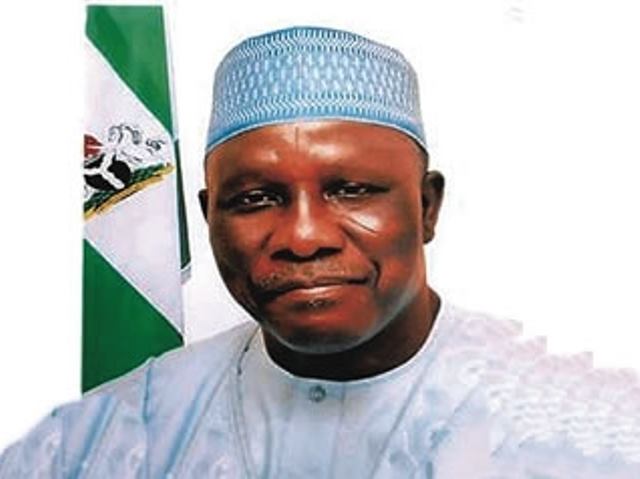Patrick Ibrahim Yakowa (1 December 1948 – 15 December 2012) was a Nigerian politician who made history as the first Christian governor of Kaduna State. His political journey reflected resilience, inclusiveness, and a vision for peace in one of Nigeria’s most diverse and sometimes volatile states.
Early Life and Education
Patrick Yakowa was born on 1 December 1948 in Fadan Kagoma, Jama’a Local Government Area of Kaduna State. He hailed from Southern Kaduna, a region with a predominantly Christian population.
He completed his primary education in his hometown and later attended St. John College, Kaduna, before advancing to higher studies. He graduated from Ahmadu Bello University (ABU), Zaria, one of Nigeria’s most prestigious institutions, where he studied Social Sciences. His educational background gave him the foundation for a career in public administration and governance.
Career in Public Service
Yakowa began his career in the civil service, where he steadily rose through the ranks due to his dedication and administrative skill. He served in various capacities in Kaduna State before transitioning into mainstream politics.
By the late 1990s and early 2000s, Yakowa had become a key political figure in Southern Kaduna, earning recognition for his grassroots connection and ability to mediate between the diverse religious and ethnic groups in the state.
Deputy Governor of Kaduna State
In July 2005, following the death of Stephen Shekari, Yakowa was appointed Deputy Governor of Kaduna State by then Governor Namadi Sambo. He retained the position after the 2007 elections, running on the platform of the People’s Democratic Party (PDP).
As deputy governor, Yakowa was widely regarded as loyal, hardworking, and committed to policies that promoted peaceful coexistence in Kaduna, a state often divided along ethno-religious lines.
Governor of Kaduna State
Yakowa’s elevation to governor came under unique circumstances. When Namadi Sambo was appointed Vice President of Nigeria by President Goodluck Jonathan on 19 May 2010, Yakowa was sworn in as Governor of Kaduna State the following day, 20 May 2010.
He made history as the first Christian governor of Kaduna State, a landmark moment that carried both symbolic and political weight in a region with a history of religious tensions.
2011 Elections
Yakowa successfully contested the 2011 gubernatorial elections, securing a mandate from the people of Kaduna. His victory was seen as a testament to his inclusive leadership style and cross-community acceptance.
Leadership Style and Achievements
As governor, Yakowa prioritized:
Peace and Security: He consistently emphasized dialogue and reconciliation between Christians and Muslims in Kaduna.
Education: His administration invested in schools and teacher training to improve literacy rates.
Infrastructure: He worked on rural development projects to connect underserved communities.
Healthcare: His government improved access to healthcare facilities, particularly in rural areas.
Yakowa was respected as a leader who sought unity in diversity, striving to calm tensions in a state historically prone to ethno-religious crises.
Tragic Death
On 15 December 2012, Patrick Yakowa’s life and political career were cut short in a helicopter crash in Bayelsa State. The aircraft, belonging to the Nigerian Navy, also carried former National Security Adviser Andrew Azazi, aides, and security personnel. All passengers died in the crash.
His death sent shockwaves across Nigeria, particularly in Kaduna State, where he had been seen as a unifying leader.
Legacy
Patrick Yakowa is remembered for:
Being the first Christian governor of Kaduna State, breaking a long-standing barrier.
Promoting peace and inclusivity in a deeply divided state.
His humility, accessibility, and commitment to grassroots development.
His tenure, though short, left an indelible mark on Kaduna politics and Nigerian history. His life remains a symbol of hope for tolerance and unity in diversity.
FOLLOW US ON:
FACEBOOK
TWITTER
PINTEREST
TIKTOK
YOUTUBE
LINKEDIN
TUMBLR
INSTAGRAM































